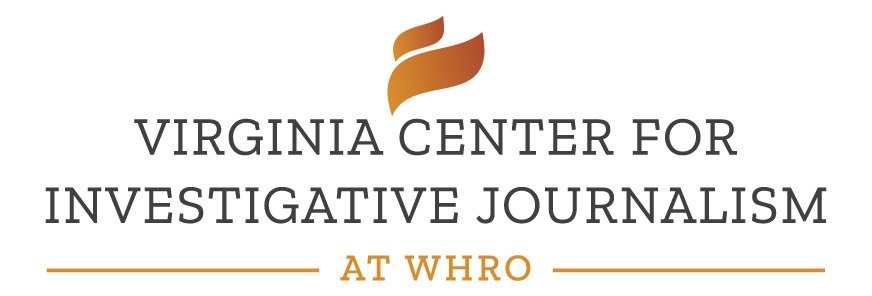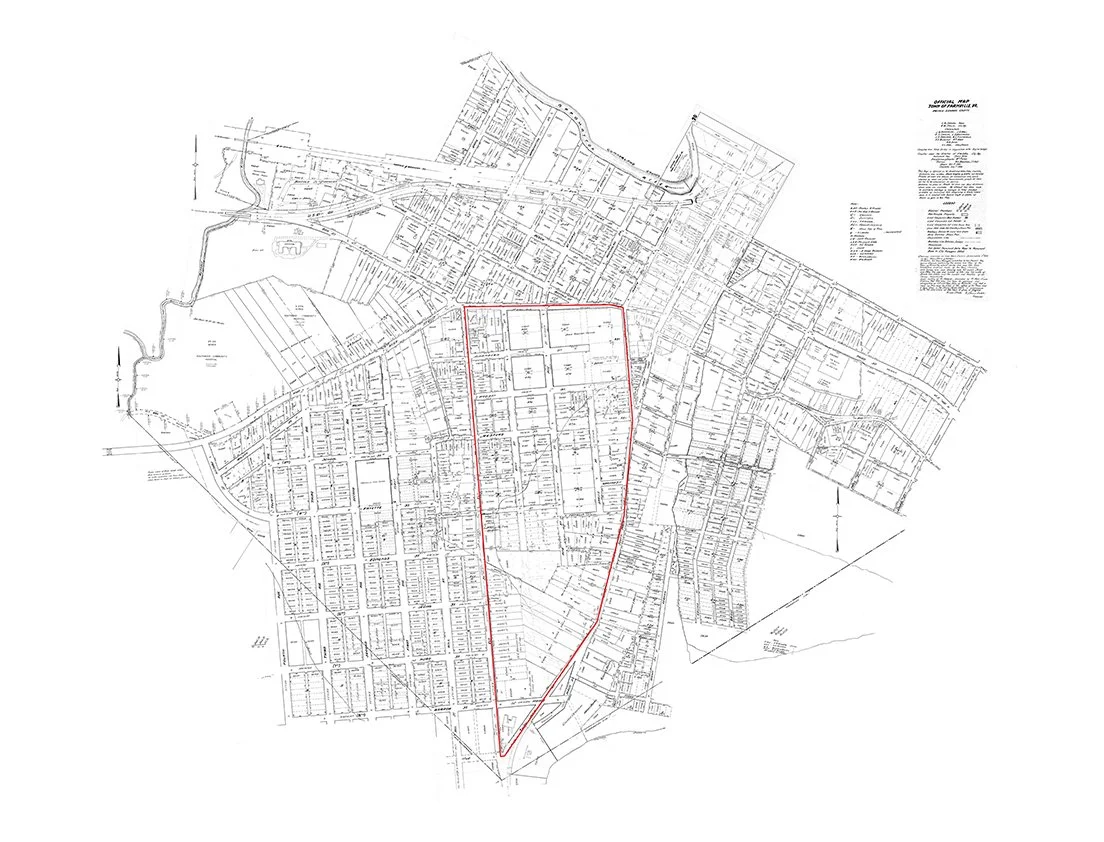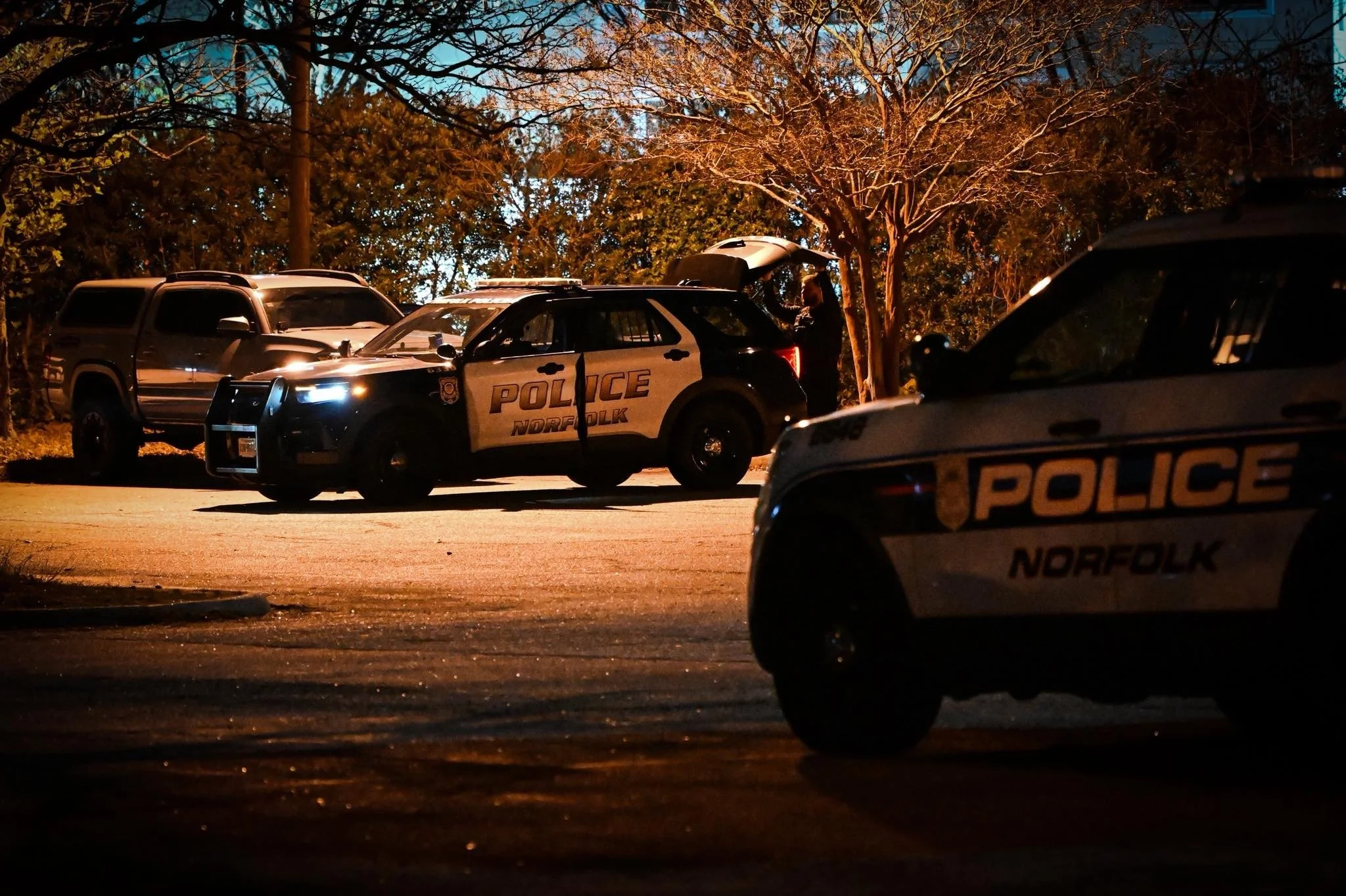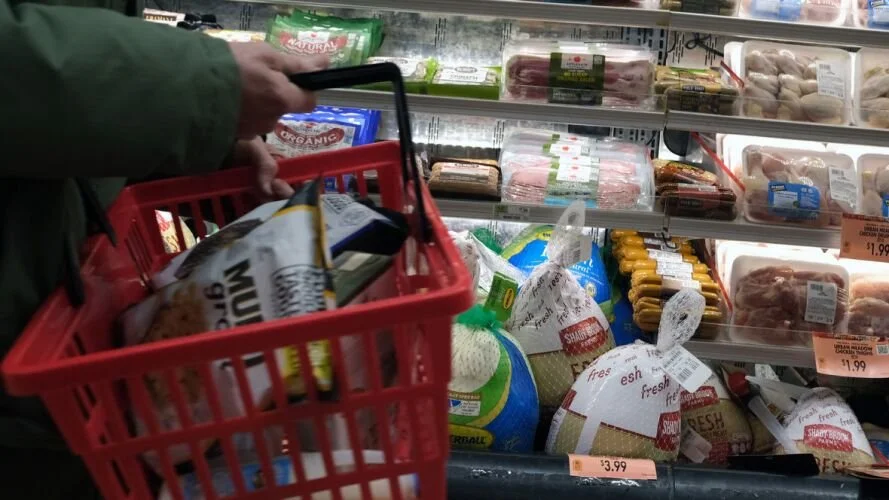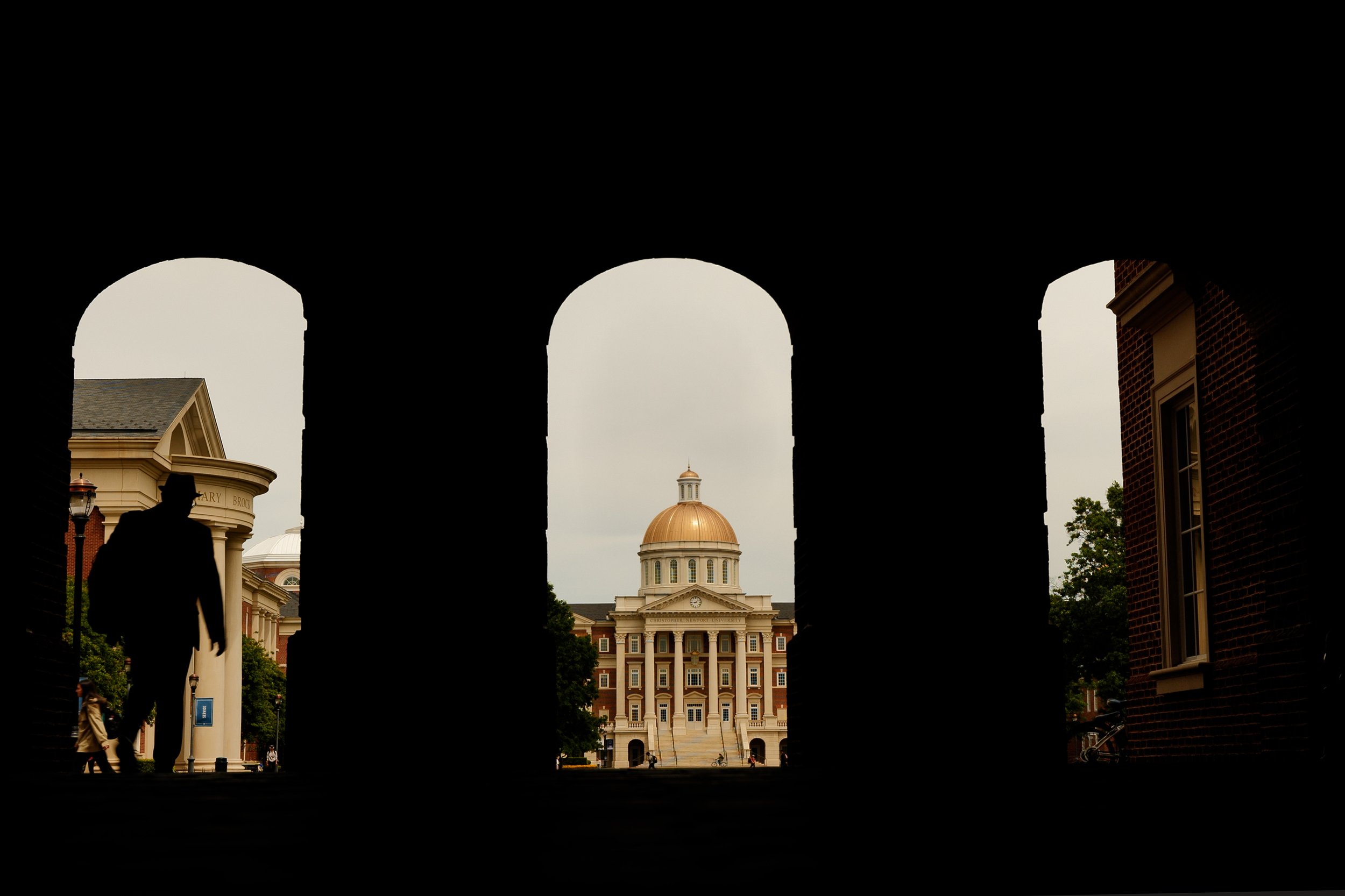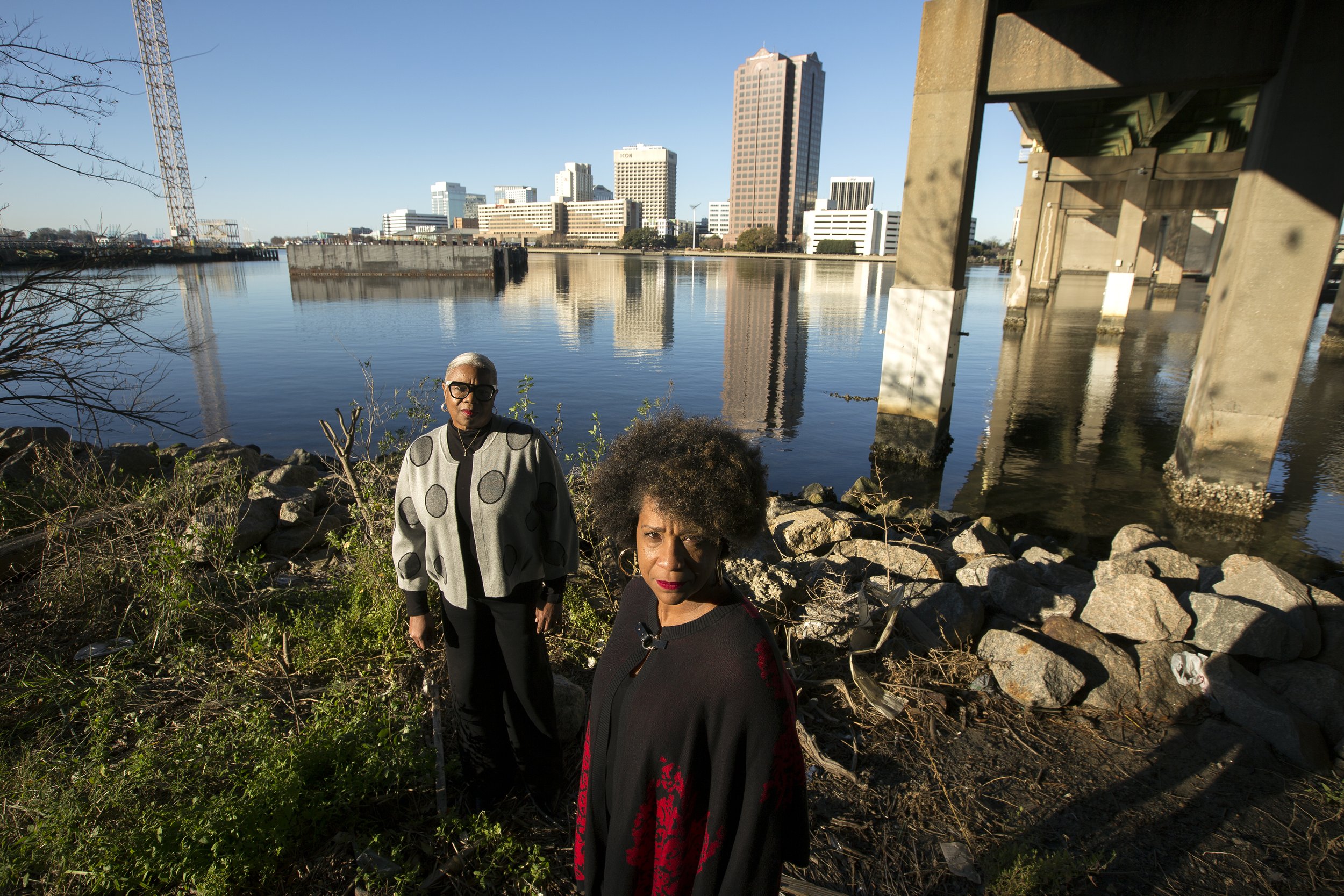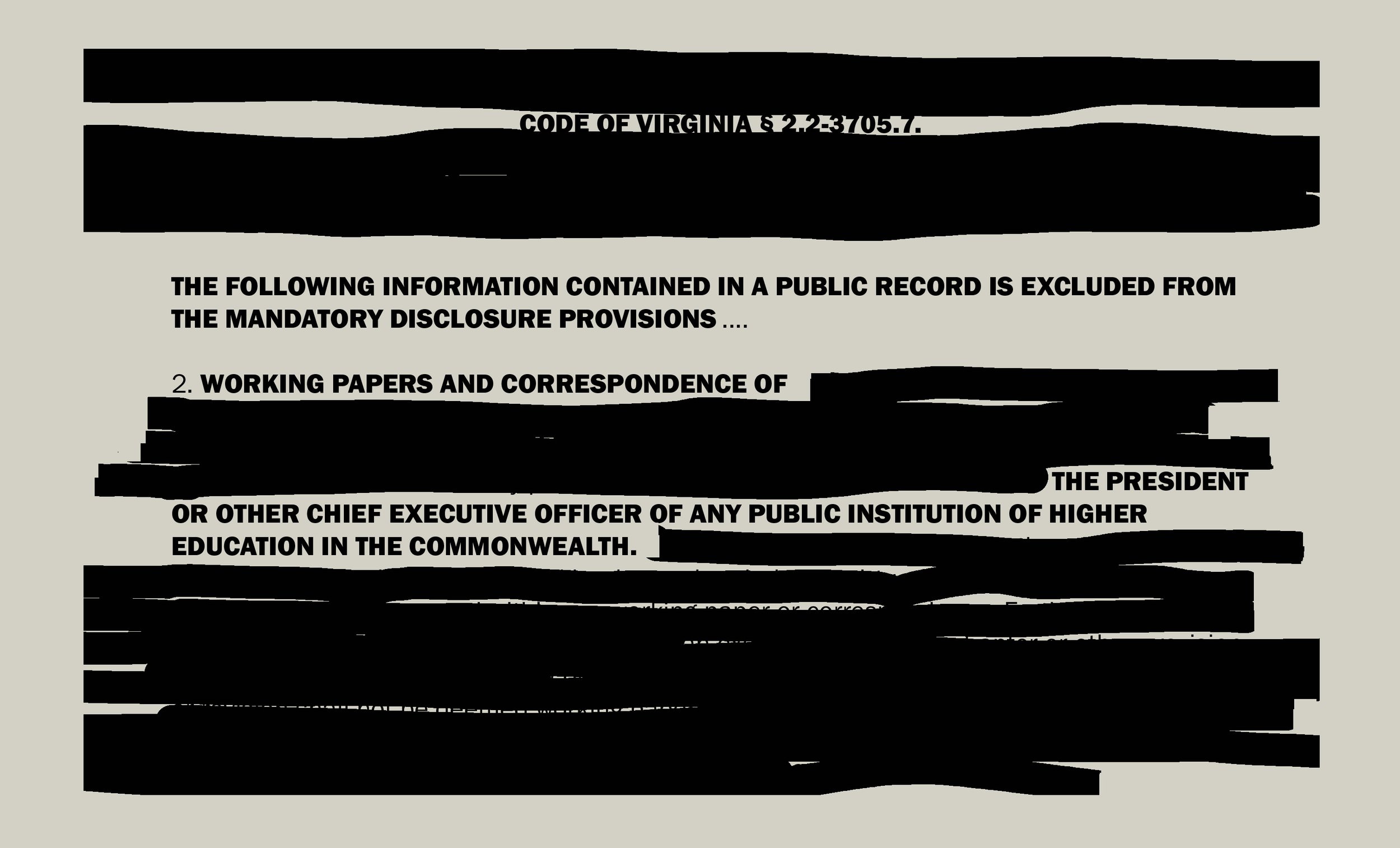A Virginia university wanted property for dormitories and classrooms. It targeted a Black neighborhood at the center of the Civil Rights Movement.
Read moreAt Longwood, a journey toward racial reckoning
Official map of Farmville, Virginia in 1934. The outlined area shows the Longwood College campus on the north section and the predominantly Black neighborhood, known as the triangle, to the south. Longwood planned expansions beginning in the 1960s that would diminish, then capture, the neighborhood.
